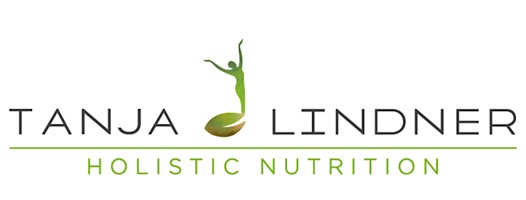Nutritious Turkey
Turkey belongs to the group of high-protein foods, which are beneficial to keep us fueled and our post-meal insulin levels within a desirable range. 4oz/113g of skinned turkey breast will provide 30-35g of protein. So if you are looking for a food to increase protein intake, here you go.
In addition to protein, all B vitamins are present in turkey meat, including B1, B2, B3, B5, B6, B12, folate, biotin, and choline. Turkey is an excellent source of vitamin B3 (niacin) and provides over 80% of the Dietary Reference Intake (DRI) of it in 113grams. B6 54% DRI in 113g. Overall, turkey provides a good amount of B vitamins, which are beneficial for a balanced nervous system and also for digestion and skin.
In terms of minerals, turkey is richest in selenium and provides over 60% of the DRI in a single 113g serving. Zinc, copper, phosphorus, magnesium, potassium, and iron are also provided.
It is important to care about animal welfare. Appropriate housing, water, and feed do not only keep the animal happy and healthy, it produces also a healthier meal richer in nutrients. A pasture-raised turkey which was able to enjoy omega-3 containing plants and insects in natural pasture settings will contain a higher omega-3 content for you as well. Check out local farms to support animal welfare and small farmers.
What is L-Tryptophan?
On the most fundamental level, tryptophan is an essential amino acid required to make many different proteins in the body. L-tryptophan rich foods are supposed to have a calming, relaxing effect. However, the big food coma following a Thanksgiving feast isn’t the result of L-tryptophan rather the consequences of overeating and the indulgence of meals and desserts too high in carbohydrates. Eating too much at one meal overwhelms the digestion and takes a lot of energy. Refined carbohydrates might also cause blood glucose spikes with the following energy crash.
The body can’t make L-tryptophan, so diet must supply it. Foods rich in that amino acid, are poultry, meat, cheese, yogurt, fish, and eggs.
L-Tryptophan the precursor for Serotonin
L-tryptophan is needed to produce serotonin. Serotonin is a brain chemical that plays a large role in mood and can help to create a feeling of well-being and relaxation. “When levels of serotonin are high, you’re in a better mood, sleep better, and have a higher pain tolerance,” says Elizabeth Somer, MA, RD, author of numerous nutrition books, including her latest, Eat Your Way to Happiness.
Balance is the key – for the Blood-Brain Barrier
As the food digests, amino acids – not just L-tryptophan – make their way into the bloodstream. This causes competition among the various amino acids to enter the brain.
“L-tryptophan, which is a bulky amino acid, would have to stand in line to get through the blood-brain barrier with a whole bunch of amino acids,” Somer says. L-tryptophan has to compete with all these other amino acids. It waits in line to get through the blood-brain barrier and very little of it makes it across.
As balance is key for so many things in life it is especially important in regards to nutrition and nutrient absorption. Surrounding the turkey with potatoes, dumplings, stuffing, and pie provides carbohydrates, which in turn stimulates the production and release of insulin into the bloodstream. Insulin signals the uptake of amino acids into the muscles. Due to the rather larger and bulky structure of L-tryptophan, it isn’t able to enter muscles, so it is left behind in the bloodstream. With fewer of the other amino acids in the blood, L-tryptophan has less competition and is more likely to cross the blood-brain barrier.
So after a high-protein meal like turkey, it seems that the small, all-carbohydrate snack/dessert is tryptophan’s ticket across the blood-brain barrier, where it can be converted into serotonin and melatonin, the brain chemicals attributed to happiness and sleepiness.
How wonderful that we now have a good excuse for a sweet dessert. 😀
Don’t forget to save the turkey bones for broth. There are a lot of minerals and gelatin in the bones. Gelatin is beneficial for a healthy gut and digestion, helps preserve the elasticity of the skin and the highly anti-inflammatory effect makes gelatin a health-supporting protein for overall well-being.





No Comments